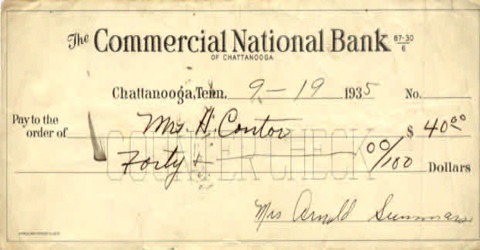A commercial bill is a bill of exchange used to finance the working capital requirements of business firms. It is a bill of exchange issued by a commercial organization to raise money for short-term needs. It is a short-term, negotiable, self-liquidating instrument which is used to finance the credit sales of firms. When goods are sold on credit, the buyer becomes responsible to make payment on a specific date in future.
The seller could wait till the specified date or make use of a bill of exchange. The seller (drawer) of the goods draws the bill and the buyer (drawee) accepts it. On being accepted, the bill becomes a marketable instrument and is called a trade bill. These bills can be discounted with a bank if the seller needs funds before the bill matures. When a trade bill is accepted by a commercial bank it is known as a commercial bill.
Advantages of Commercial Bill are:
- High credit ratings fetch a lower cost of capital.
- It does not create any lien on asset of the company.
- Wide range of maturity provide more flexibility.
Disadvantages of Commercial Bill are:
- Its usage is limited to only blue chip companies.
- Issuances of Commercial Paper bring down the bank credit limits.
- Stand-by credit may become necessary















